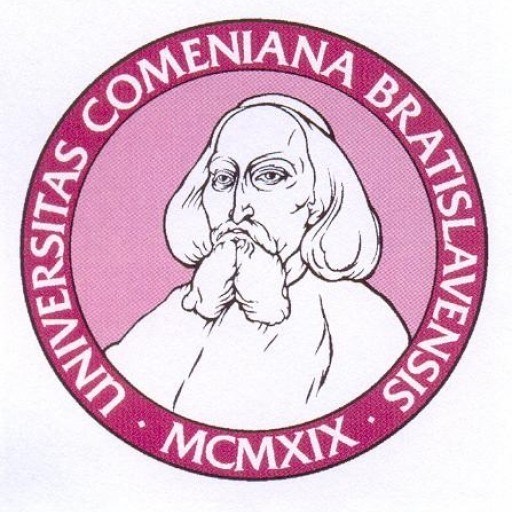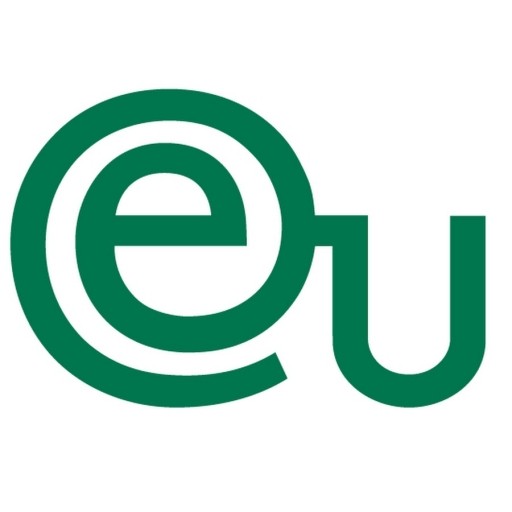Photos of university / #qutrealworld
This program is made in consultation with professors and managers in pathology and research labs, so students will acquire advanced knowledge of the most recent diagnostic techniques used in those configurations. During the application, students will tackle practical classes in QUT's stateoftheart laboratories and will gain extensive experience with tools, techniques and instruments used each day in industry and research. As a member of professional development, throughout the last year, the students will undertake 1 semester of work integrated learning at which they will interact directly with, and be mentored by, practising medical scientists or clinical researchers. Students may also find a way to perform part of their work positioning in regional Australia or an worldwide lab.
Graduates are immediately eligible for graduate membership with the Australian Institute of Medical Scientists. Depending on students' clinical field (s) of employment, they might be eligible to apply for registration of different professional organisations, such as the Australasian Association of Clinical Biochemists, Australian Society of Microbiology, Australian Society of Cytology, Human Genetics Society of Australasia, Haematology Society of Australia and New Zealand, Australian and New Zealand Society of Blood Transfusion and Australian Society of Thrombosis and Haemostasis.
- Year 12 or equivalent
- Assumed knowledge: English, or Literature, or English and Literature, or English as an Additional Language (Units 3 & 4, C)
- Mathematical Methods or Specialist Mathematics (Units 3 & 4, C) and Chemistry (Units 3 & 4, C).
The Queensland University of Technology offers a Bachelor of Medical Laboratory Science (BMLSc) program designed to prepare students for a career in diagnostic laboratory testing and medical research. Funding options for this program include a variety of scholarships, government loans, and financial assistance schemes. Domestic students may access loans such as the Commonwealth supported place (CSP), which allows them to pay reduced tuition fees subsidized by the Australian government. Additionally, students can apply for a range of scholarships based on academic merit, financial need, Indigenous status, or specific areas of interest within medical laboratory sciences. These scholarships often cover tuition fees, provide living stipends, or support research activities.
International students enrolled in the program are liable for full tuition fees and are encouraged to seek financial support through private scholarships, overseas student loans, or sponsorships. Queensland University of Technology also participates in the Australian Government's HECS-HELP scheme, which helps eligible domestic students defer their tuition fees. Furthermore, students are advised to explore external funding options such as private foundations or industry-sponsored scholarships, which sometimes support students pursuing careers in health sciences and laboratory medicine.
Students can also access financial planning and advice services offered by the university to assist with budgeting, managing living expenses, and understanding their financial commitments. Work-integrated learning components of the program may provide part-time employment opportunities in healthcare settings, allowing students to gain practical experience while earning income. The university recommends early application for scholarships and financial aid to ensure students are aware of available support during their studies. Overall, the financing of the Bachelor of Medical Laboratory Science at Queensland University of Technology is structured to assist both domestic and international students through a combination of government support, institutional scholarships, and external funding sources, ensuring that financial barriers are minimized for those pursuing a career in healthcare diagnostics and medical research.
The Bachelor of Medical Laboratory Science at Queensland University of Technology (QUT) is a comprehensive undergraduate degree designed to prepare students for a career in medical laboratory science and pathology. This program typically spans three years of full-time study and combines theoretical knowledge with practical skills essential for working in diagnostic laboratories, hospitals, and research institutions. The curriculum covers a broad range of topics including clinical biochemistry, microbiology, hematology, immunology, molecular biology, and pathology.
Students are provided with integrated professional placements, allowing them to gain real-world experience in clinical laboratories. These placements are crucial for applying theoretical knowledge to practical scenarios, developing technical competencies, and understanding the operational aspects of medical laboratories. The program emphasizes laboratory safety, ethical considerations, and quality assurance, ensuring graduates are well-prepared for employment in regulated environments.
The program's structure includes core courses, elective options, and a capstone project that assesses students’ competency in integrating knowledge and skills. QUT’s facilities, including state-of-the-art laboratories, support hands-on learning and simulation activities. The degree aims to produce graduates who are eligible for registration with the Australian Institute of Medical Scientists (AIMS) and other relevant professional bodies.
Upon completion, graduates can pursue employment opportunities in hospital laboratories, private diagnostic labs, research organizations, and pharmaceutical companies. They may also choose to continue their education through postgraduate studies in specialized areas such as molecular diagnostics, infectious diseases, or biomedical research. The program is designed to meet the accreditation standards of relevant medical laboratory science professional bodies, ensuring that its graduates are recognized for their skills and knowledge both nationally and internationally.
QUT is known for its strong focus on practical training, industry engagement, and research-led teaching, which benefits students by providing up-to-date knowledge and skills aligned with the evolving healthcare landscape. Students learn through a combination of lectures, tutorials, laboratory sessions, and real-world placements, fostering a well-rounded education that combines academic rigor with practical expertise.
Overall, the Bachelor of Medical Laboratory Science program at Queensland University of Technology aims to develop competent, ethical, and innovative scientists capable of contributing to the advancement of healthcare and scientific research. The program emphasizes a student-centered approach, supporting learners through dedicated academic support services, flexible learning options, and opportunities for professional development to ensure graduates are ready to meet the challenges of modern medical science.










